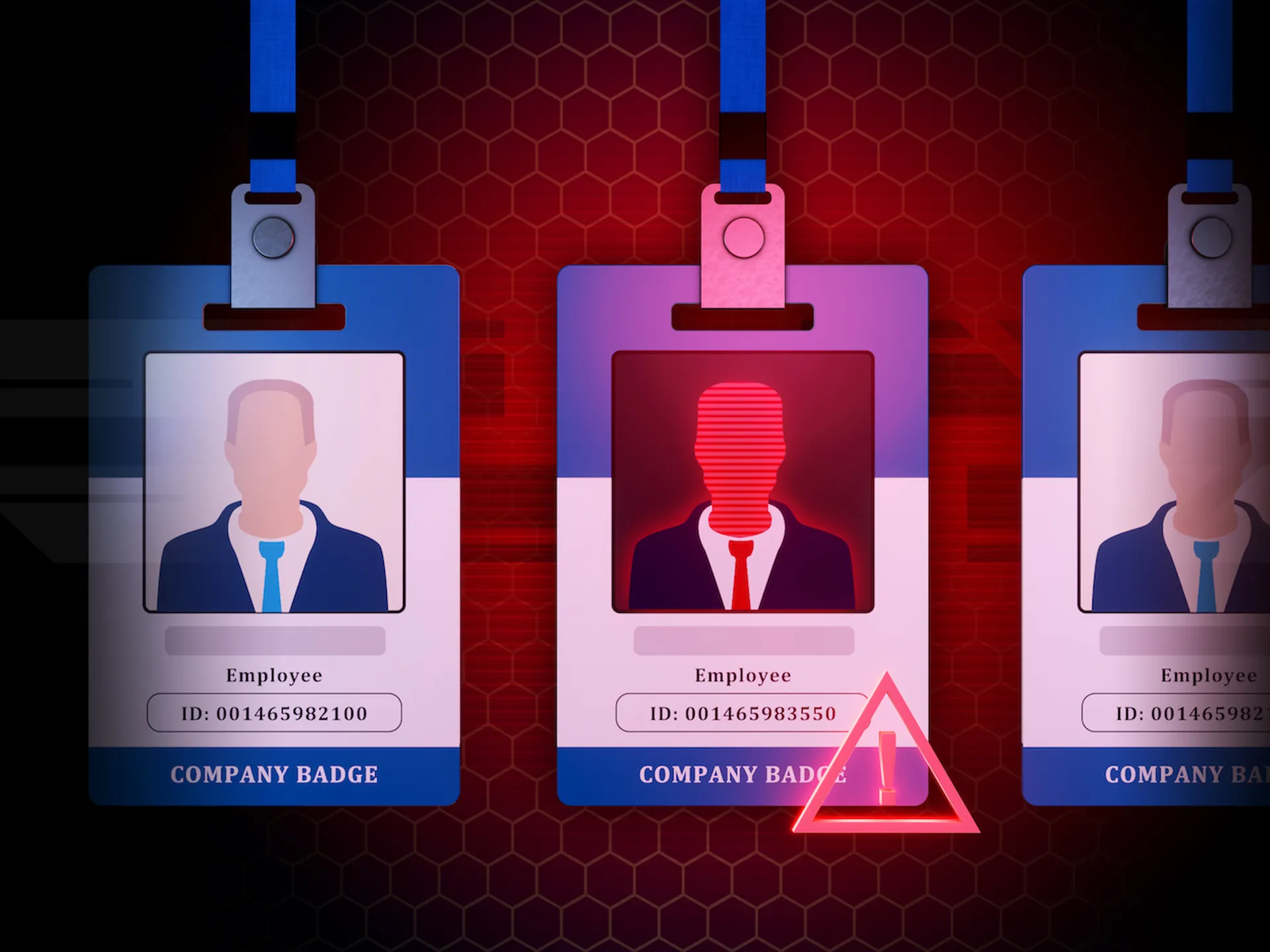Encryption has kept the FBI from accessing 7,000 mobile devices FBI Director Christopher Wray said at the International Association of Chiefs of Police conference in Philadelphia on Sunday.
Wray called the feature a "a huge, huge problem" for FBI investigations adding that his agency has failed to access more than half of the devices it targeted in an 11-month period, according to the BBC.
The statement comes a little over a week after Deputy Attorney General Rod J. Rosenstein called for tech companies to use “responsible encryption” to allow police to access data when a judge determines that compelling law enforcement concerns outweigh the privacy interests of a particular user.
Many tech firms argue that methods to bypass device security features would by design leave users vulnerable to unauthorized access by leaving backdoors.
Law enforcement on the other hand says features including central management of security keys and operating system updates; the scanning of e-mails for advertising purposes; the simulcast of messages to multiple destinations at once; and key recovery when a user forgets a password, have already been implemented without being stigmatized as leaving products vulnerable.
The debate has carried on since last year when the FBI asked Apple to help them break into the San Bernardino shooter's iPhone to which Apple declined. The agency eventually paid an outside firm to gain access to the devices via an exploit and earlier this month, a federal judge ruled that the FBI did not have to reveal the identity of the firm that cracked the phone or how much the agency paid for its services.



